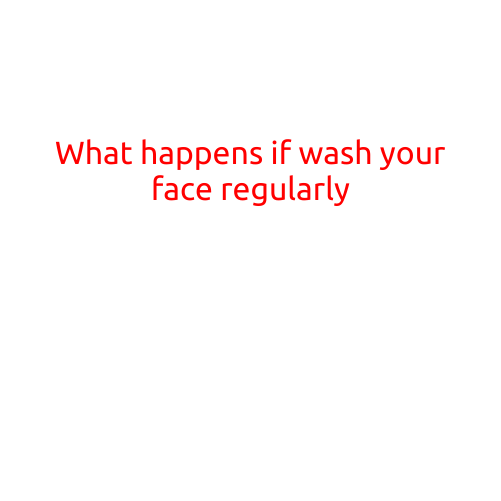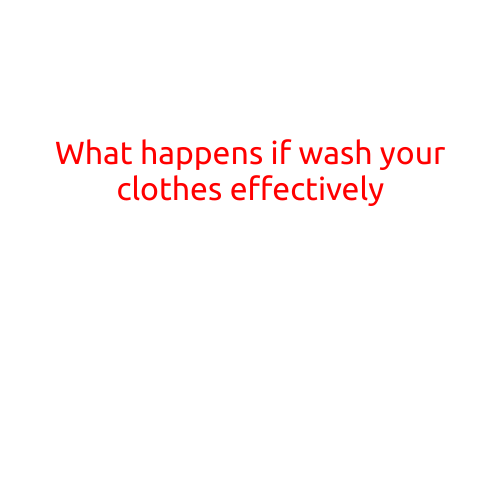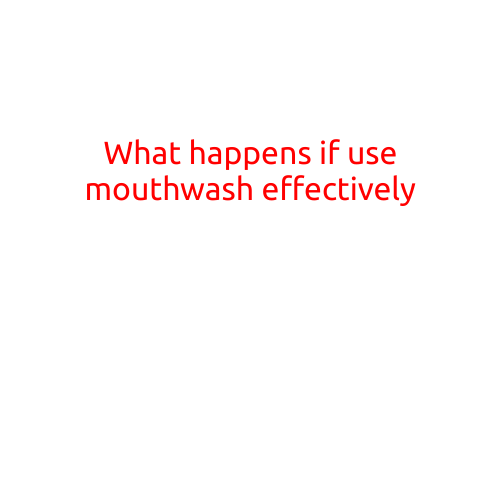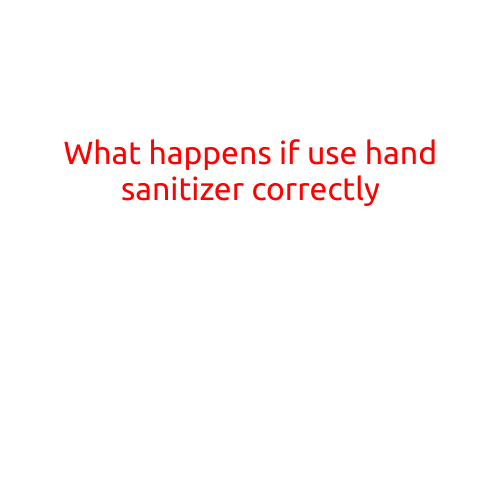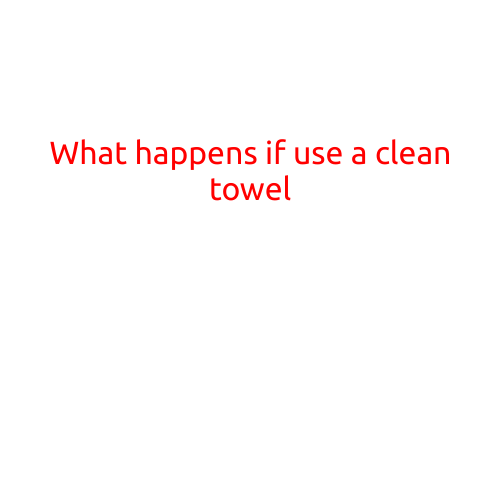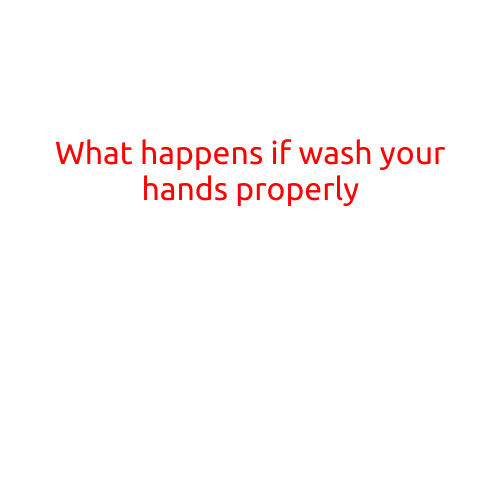
What Happens if You Wash Your Hands Properly
Washing your hands is one of the most effective ways to prevent the spread of illnesses and infections. Yet, many of us don’t wash our hands as frequently or thoroughly as we should. In fact, a study by the Centers for Disease Control and Prevention (CDC) found that nearly 1 in 5 adults doesn’t wash their hands after using the bathroom, and nearly 1 in 4 doesn’t wash their hands after blowing their nose, coughing or sneezing.
But what happens if you do wash your hands properly? The benefits are numerous and significant.
Reduced Risk of Illness
Washing your hands with soap and water reduces the risk of getting sick by 50-70%. This is because soap and water help to break down and remove dirt, germs, and viruses from your skin. When you don’t wash your hands regularly, these germs can spread to your eyes, nose, and mouth, potentially causing illness.
Prevention of Foodborne Illnesses
Foodborne illnesses are a significant public health concern, affecting millions of people worldwide. Washing your hands before handling food can prevent the spread of foodborne pathogens such as Salmonella, E. coli, and Listeria. In fact, the FDA estimates that hand washing can prevent up to 75% of foodborne illnesses.
Protection from Antibiotic-Resistant Germs
Antibiotic-resistant germs, such as MRSA (Methicillin-resistant Staphylococcus aureus), are a growing concern. Washing your hands properly can reduce the risk of spreading these germs to others, and help prevent the development of antibiotic-resistant infections.
Improved Hygiene and Health
Proper hand washing can also improve general hygiene and health. It can prevent the spread of respiratory infections, such as the common cold and flu, and reduce the risk of skin infections and other conditions.
How to Wash Your Hands Properly
So, how can you get the most out of washing your hands? Here are some simple steps to follow:
- Wet your hands: Turn on the faucet and wet your hands with warm water.
- Apply soap: Use a mild soap and apply it to your hands.
- Rub your hands together: Rub your hands together to create a lather and distribute the soap evenly.
- Pay attention to high-touch areas: Make sure to wash the areas of your hands that come into contact with surfaces and objects frequently, such as the backs of your hands, wrists, and between your fingers.
- Scrub for at least 20 seconds: Scrub your hands for at least 20 seconds to ensure that you’re removing dirt, germs, and viruses effectively.
- Rinse thoroughly: Rinse your hands thoroughly with warm water to remove any soap residue.
- Dry your hands: Dry your hands completely with a clean towel or air dryer.
Conclusion
Washing your hands properly is a simple yet effective way to prevent the spread of illnesses and infections. By following the simple steps outlined above, you can reduce your risk of getting sick, prevent the spread of foodborne pathogens, and promote general hygiene and health. So next time you wash your hands, remember the importance of proper hand washing and take the time to do it right!
